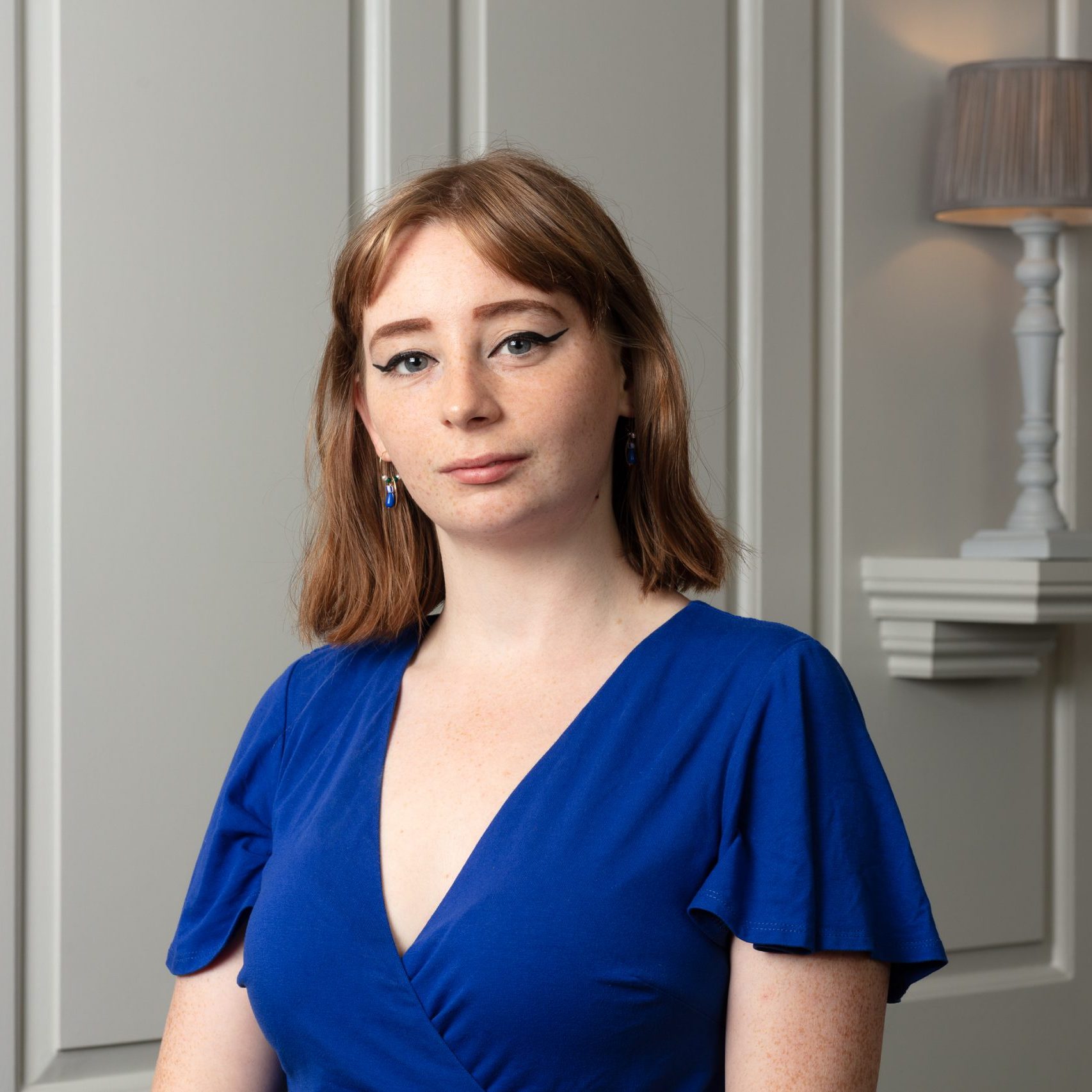
FREYA BRENNAND
A recent conversation with a client gave rise to the quote “I’m only thirty years old – I’m too young for a Lasting Power of Attorney!”
We were chatting as we prepared to go to Court to sell a flat and buy my client a new house. I had suggested that as that new asset was acquired, it was a good point at which to review his Wills and make a Lasting Power of Attorney.
A Will would obviously deal with the disposal of his new property and other assets when he was no longer here. The suggestion, however, that he should make a Lasting Power of Attorney was met with some surprise. He had only ever considered a Lasting Power of Attorney to be something associated with managing the affairs of elderly relatives, not something which was needed by a bright, fit and active professional in the prime of his life.
A Lasting Power of Attorney is, however, important at any age. In my practice here in the Wills and Probate Department at Benest & Syvret, I often see how fragile life can be. A significant change in circumstances and our ability to deal with even the most mundane of daily activities can happen in an instant. Quite simply, tomorrow cannot be taken for granted.
Having a Will in places ensures that your wishes are honoured after your death and importantly makes matters for your family that little bit easier. Equally important, however, is making provision in the event that you lose ability to deal with your affairs during your lifetime, should that ever happen. That is when a Power of Attorney becomes important.
For clarity, there are two types of Power of Attorney. An Ordinary or General Power of Attorney is often signed to be used in a property transaction, authorising a Solicitor or other professional to do something on your behalf, including going to Court to purchase a house. Those General Powers of Attorney can only be used when you provide instructions for the Attorney to undertake that task. If you do not have capacity to give those instructions, then the General Power of Attorney is of no use.
The second type of Power is a Lasting Power of Attorney, commonly referred to as an “LPA”. That Power of Attorney can be established to kick in if you lose mental capacity to make decisions.
There at two types of LPA, one for health and welfare decisions and the other for your property and financial affairs. You can choose more than one Attorney, and you can choose different Attorneys to deal with your heath and welfare decisions and your finances.
Many people believe that if you are married, your spouse automatically has the right to make decisions about medical care if you are no longer able to make those decisions yourself. That is not the case; whilst doctors might consult your spouse or partner about a medical care plan, ultimately decisions about your care might be made by a stranger. With an LPA in place, aligned with an advance directive as to medical care in particular circumstances, you can be certain that decisions that you have made about your future care will be binding.
If an LPA is not in place and you lose capacity, an application to the Court to appoint a delegate to administer matters will need to be made, a potentially lengthy and cumbersome process. An LPA will mean that your Attorney can immediately pay or cancel bills in your name and administer your savings, pension or property.
The most important part of the LPA process is choosing an Attorney who you can trust implicitly. Being an Attorney is a significant responsibility - they could one day have control of all aspects of your life. Whilst it is an important thing to do, it is not a matter to be rushed.
Equally, whilst the LPA application form is available online, there are certain traps to the unwary if an application for an LPA is made in terms which are unclear or uncertain. In the same way that it is important to have a Will drafted by a professional so as to ensure the wishes are accurately recorded, an LPA should be made with the assistance of professional advice.
An LPA works best when it is tailored to your particular circumstances. You can choose powers to include or exclude and tailor the document to your particular circumstances.
I have seen a very significant take up in the execution of LPAs by clients who are in their autumn years. Like my young client who was off to buy his new house, however, the perception remains that this is not an item needed by those of younger years. None of us know what tomorrow will bring, but with both Wills and LPAs in place, at least plans can be made for whatever does come.
To discuss any aspect of a Lasting Power of Attorney, contact Freya on 875875 or via freya.brennand@benestsyvret.com

